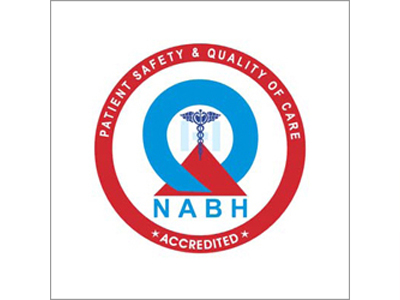Hyderabad, November 10, 2018: To increase awareness regarding the Keratoconus disease amongst the public, the Tej Kohli Cornea Institute (TKCI) at L V Prasad Eye Institute (LVPEI) organized a Patients’ Interaction Forum today at the Institute coinciding with World Keratoconus Day. The purpose was to provide a platform to the patients and their parents to interact amongst themselves and the doctors to collectively share problems and concerns arising out of Keratoconus and discuss the possible solutions.
Keratoconus is a clinical term used to describe a condition in which the cornea assumes a conical shape due to thinning and protrusion. The disease process results in mild to marked impairment of visual function. The cause could be genetic or inflammation secondary to eye rubbing seen frequently in children who have allergic eye disease.
“The onset of Keratoconus generally occurs at about the age of puberty, however we see keratoconus at age as low as 7-8 years too,” said Dr Mukesh Taneja, Consultant, Cornea & Anterior Segment, Tej Kohli Cornea Institute, L V Prasad Eye Institute. The cornea begins to thin and protrude resulting in irregular astigmatism. Typically, the process continues over a period of 10 to 20 years and then the progression gradually stops. Dr Taneja further added that the severity of the disorder, at the time when progression stops, can range from very mild irregular astigmatism to severe thinning, protrusion, and scarring which may require corneal transplant.
Treatment options available for Keratoconus include spectacle corrections, rigid contact lenses, and intracorneal ring segments to improve the vision and rehabilitation. In recent years, the goal of Keratoconus treatment also includes prevention of further disease progression, besides the improvement in visual acuity of the patients. If detected early, it is possible to stop the progression of the disease at an early stage itself by a simple procedure called Collagen Cross Linking (CXL).
“Over the past 30 years, we have seen approximately 12,000 patients of Keratoconus at LVPEI, ranging from mild to severe variety. At LVPEI, have all treatment options available for Keratoconus including Collagen Cross Linking for preventing it from progression, speciality contact lenses for visual improvement and also surgical options like Intracorneal Ring Segments and Corneal Transplant in patients with severe Keratoconus,” added Dr Mukesh Taneja.
About L V Prasad Eye Institute
The L V Prasad Eye Institute (LVPEI) was established in 1987 at Hyderabad as a not-for-profit, non-government, public-spirited, comprehensive eye care institution. LVPEI is governed by two trusts: the Hyderabad Eye Institute and the Hyderabad Eye Research Foundation. The Institute is a World Health Organization Collaborating Centre for Prevention of Blindness and a Global Resource Centre for VISION 2020: The Right to Sight initiative. LVPEI has ten active arms to its areas of operations: Clinical Services, Education, Research, Vision Rehabilitation, Rural and Community Eye Health, Eye Banking, Advocacy and Policy Planning, Capacity Building, Innovation and Product Development.
The LVPEI pyramidal model of eye care delivery currently includes a Centre of Excellence in Hyderabad, 3 tertiary centres in Bhubaneswar, Visakhapatnam and Vijayawada, 18 secondary and 177 primary care vision centres that cover the remotest rural areas in the four states of Telangana, Andhra Pradesh, Odisha and Karnataka.
More information on www.lvpei.org
For further information, please contact:
Dr Sreedevi Yadavalli
Head – Communications and Corporate Relations
Tel: +91 98491 71895, +91 040 23547254, +91 040 30612371
Email: ysreedevi@lvpei.org


